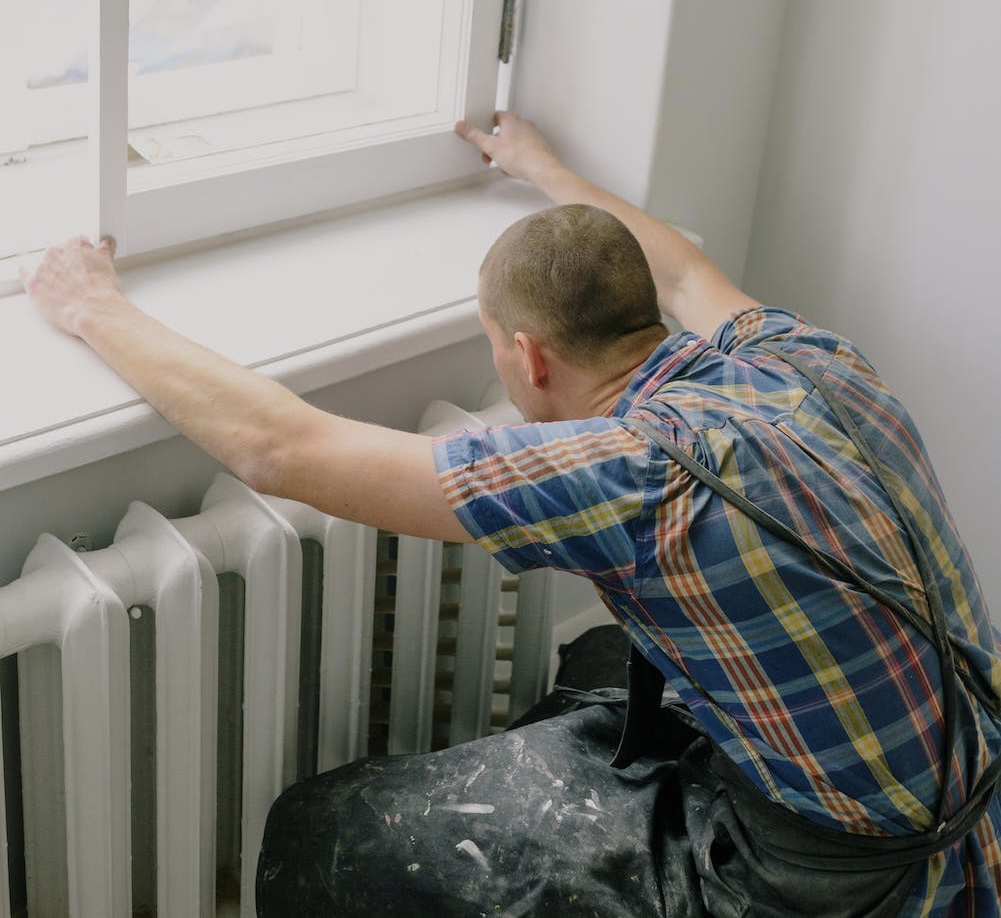
A leaking radiator can be a major problem, but it is one that can often be fixed relatively easily. In this blog post, we will discuss the causes of radiator leaks, how to locate and repair them, and some safety tips to keep in mind.
Causes of Radiator Leaks
There are a number of different things that can cause a radiator to leak. Some of the most common causes include:
- Loose or damaged valves: The valves on a radiator are responsible for controlling the flow of water. If a valve is loose or damaged, it can cause water to leak.
- Corrosion: Over time, the metal in a radiator can corrode, which can cause small holes to form. These holes can then leak water.
- Pinhole leaks: Pinhole leaks are very small leaks that can be difficult to see. They are often caused by corrosion or a build-up of sludge inside the radiator.
- Damage from impact: If a radiator is hit by something hard, it can crack or break, which can cause it to leak.
How to Locate a Leaking Radiator
If you think that your radiator is leaking, the first step is to locate the leak. This can be done by drying the surface of the radiator and the valve with a towel. The leak will be coming from the part that remains wet.
How to Repair a Leaking Radiator
If the leak is small, you may be able to repair it yourself. There are a number of tutorials available online that can show you how to do this. However, if the leak is large or you are not comfortable repairing it yourself, you should call a plumber.
Safety Tips
When working on a leaking radiator, it is important to follow some safety tips. These include:
- Turn off the water supply to the radiator before you start working on it.This will prevent you from getting burned by hot water.
- Wear gloves and eye protection when you are working on the radiator. This will protect you from cuts and burns.
- Be careful not to spill any water on the floor. If you do spill water, clean it up immediately to prevent it from causing a slip hazard.
How to Prevent Radiator Leaks
There are a few things that you can do to help prevent radiator leaks. These include:
- Have your radiator serviced regularly.This will help to identify and repair any potential problems before they lead to a leak.
- Flush your radiator regularly. This will help to remove any build-up of sludge that could cause a leak.
- Use a radiator stop-leak product. This can help to seal small leaks and prevent them from getting worse.
Conclusion
A leaking radiator can be a major problem, but it is one that can often be fixed relatively easily. By following the tips in this blog post, you can be sure that your radiator is properly repaired and that you will be able to enjoy your home’s heating system for many years to come.
Frequently Asked Questions
Q: What are the most common causes of radiator leaks?
A: The most common causes of radiator leaks are loose or damaged valves, corrosion, pinhole leaks, and damage from impact.
Q: How do I locate a leaking radiator?
A: You can locate a leaking radiator by drying the surface of the radiator and the valve with a towel. The leak will be coming from the part that remains wet.
Q: How do I repair a leaking radiator?
A: If the leak is small, you may be able to repair it yourself. There are a number of tutorials available online that can show you how to do this. However, if the leak is large or you are not comfortable repairing it yourself, you should call a plumber.
Q: What safety tips should I keep in mind when working on a leaking radiator?
A: When working on a leaking radiator, it is important to follow some safety tips. These include:
- Turn off the water supply to the radiator before you start working on it.
- Wear gloves and eye protection when you are working on the radiator.
- Be careful not to spill any water on the floor.
Q: How can I prevent radiator leaks?
A: There are a few things that you can do to help prevent radiator leaks. These include:
- Have your radiator serviced regularly.
- Flush your radiator regularly.
- Use a radiator stop-leak product.
Q: What are some signs that my radiator may be leaking?
A: Some signs that your radiator may be leaking include:
- Water on the floor or under the radiator.
- A wet spot on the radiator itself.
- A decrease in the heat output from the radiator.
- A whistling or gurgling noise coming from the radiator.
Q: What should I do if I think my radiator is leaking?
A: If you think your radiator is leaking, the first thing you should do is turn off the water supply to the radiator. Then, you should call a plumber to have the leak repaired.
I hope this FAQ section is helpful!